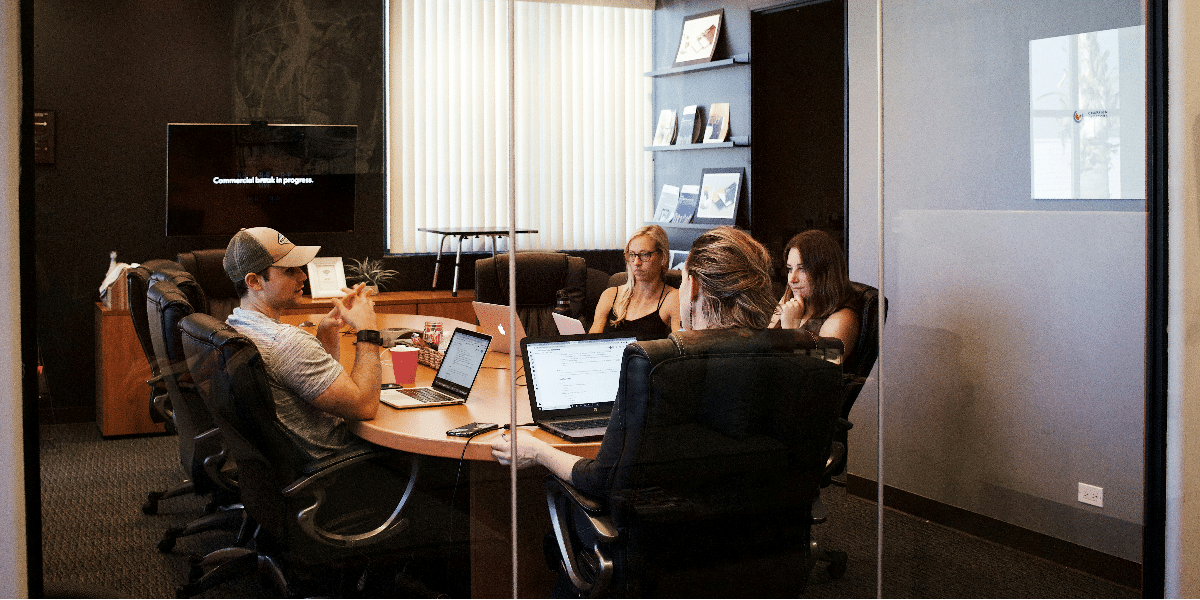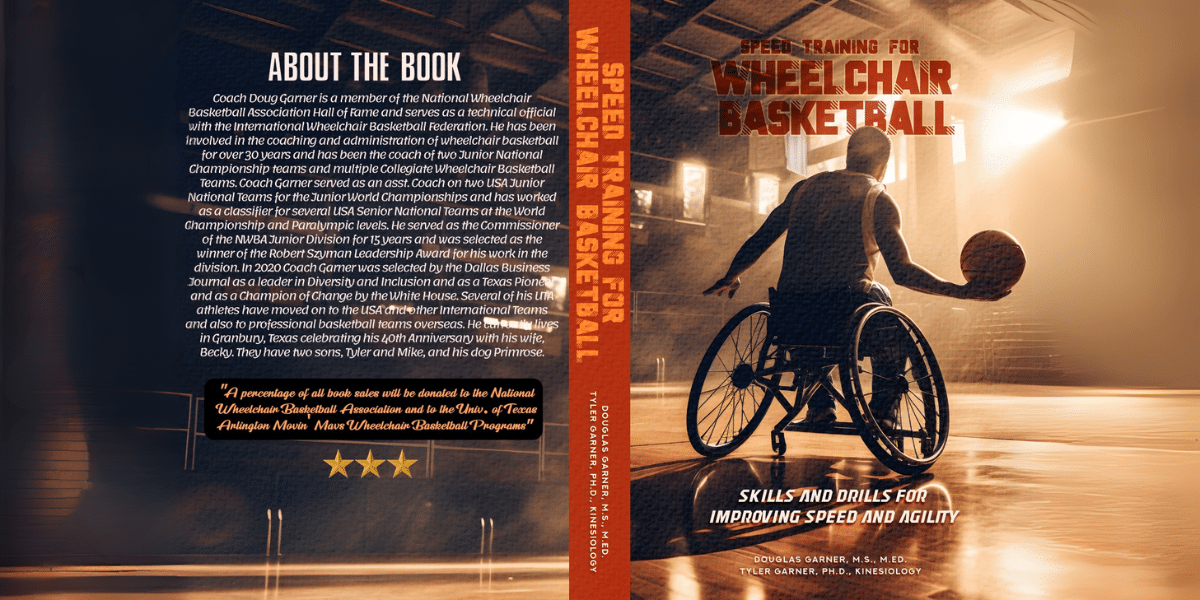Australia has long been a favored destination for those seeking a new life abroad. Its high quality of life, robust economy, and diverse landscapes draw migrants from all corners of the globe. But making the move to Australia is a complex process that involves much more than packing your bags and booking a flight. Whether you’re seeking to start a new career, join family, or simply enjoy the laid-back lifestyle, migrating to Australia requires a thorough understanding of its immigration system, including the various visas, eligibility requirements, and procedures involved.
Understanding the Australian Immigration System
Australia’s immigration system is built on a points-based system, meaning applicants are evaluated on factors such as age, education, work experience, and English proficiency. This merit-based approach helps Australia manage the inflow of migrants while targeting individuals with skills that are in demand across the country. One of the popular visas for skilled workers is the Skilled Independent Visa (subclass 189), which allows qualified individuals to live and work anywhere in Australia without employer sponsorship. Applicants must first submit an Expression of Interest (EOI) and be invited to apply based on their score.
For those who wish to migrate through family connections, family visas are available for partners, children, and parents of Australian citizens or permanent residents. These visas often come with longer processing times and stricter conditions but can lead to permanent residency in the long term.
Beyond skilled and family-based visas, Australia offers several other pathways, including humanitarian programs for refugees and special visas for entrepreneurs and investors. Regardless of the visa type, it is crucial to meet the stringent health, character, and financial criteria required for entry. With so many options available, many migrants seek professional advice to navigate the process and improve their chances of a successful application.
Business Migration and Entrepreneurial Opportunities
For entrepreneurs, business owners, and investors, Australia offers a range of business visas designed to attract foreign investment and stimulate economic growth. These visas are highly appealing to those looking to expand their ventures into the Australian market or establish a new business in the country. The Business Innovation and Investment Visa (subclass 188) is a common choice for business migrants. It provides a temporary pathway for entrepreneurs, allowing them to prove their business success before applying for permanent residency through the subclass 888 visa.
Australia’s favorable business environment, with its low corporate tax rates and strong regulatory framework, makes it an attractive destination for investors. The country has a high demand for talent in sectors such as technology, agriculture, and renewable energy, offering ample opportunities for growth and success. By migrating to Australia on a business visa, investors can take advantage of government grants and initiatives aimed at fostering innovation and entrepreneurship.
To make the most of these opportunities, it’s essential to work with a qualified migration agent or consultant who can help you understand the requirements and benefits of each visa category. Speak to Australian Business Migration to discuss Australian business visa options available to you. Expert advice can streamline the process and aim that applicants avoid common pitfalls that can delay or hinder their chances of success.
Settling into Australian Life: What to Expect
Once the visa process is completed and migrants arrive in Australia, the real adventure begins. While the idea of moving to a new country can be exciting, it also comes with its share of challenges. Understanding Australian culture, navigating the local job market, and settling into a new community are all key aspects of making a successful transition. Australia is known for its friendly and welcoming atmosphere, but new migrants should still prepare for potential cultural adjustments.
A major factor in settling down successfully is choosing the right location. Australia is a vast country with diverse cities and regions, each offering its unique benefits. Sydney, Melbourne, and Brisbane are popular choices for their thriving economies and multicultural environments, while regional areas can offer a more affordable cost of living and a slower pace of life. The Australian government even encourages migration to regional areas through special visa programs designed to boost local economies outside of major cities.
Job opportunities are plentiful for skilled workers, but new migrants may face hurdles when it comes to securing employment in their specific field. Networking, gaining local qualifications, and understanding industry standards in Australia are crucial steps for job-seekers. Fortunately, Australia’s high demand for skilled labor means that those with the right qualifications can find lucrative employment, particularly in sectors like healthcare, engineering, and IT.
Migrants also benefit from Australia’s world-class healthcare and education systems, which are accessible to permanent residents and citizens. The country’s Medicare system provides affordable healthcare, while public and private education institutions rank among the premier in the world. These factors, combined with Australia’s stunning natural beauty, make it an ideal destination for those seeking a better work-life balance.
Migrating to Australia is an exciting opportunity, but it requires careful planning and consideration. By understanding the visa options, preparing for the cultural shift, and seeking expert advice, new migrants can set themselves up for a successful transition into Australian life.
Disclaimer: “The information provided in this article is for general informational purposes only and does not constitute legal or immigration advice. Readers are encouraged to consult with qualified legal or migration experts for advice regarding their specific situations.”
Published by: Josh Tatunay







